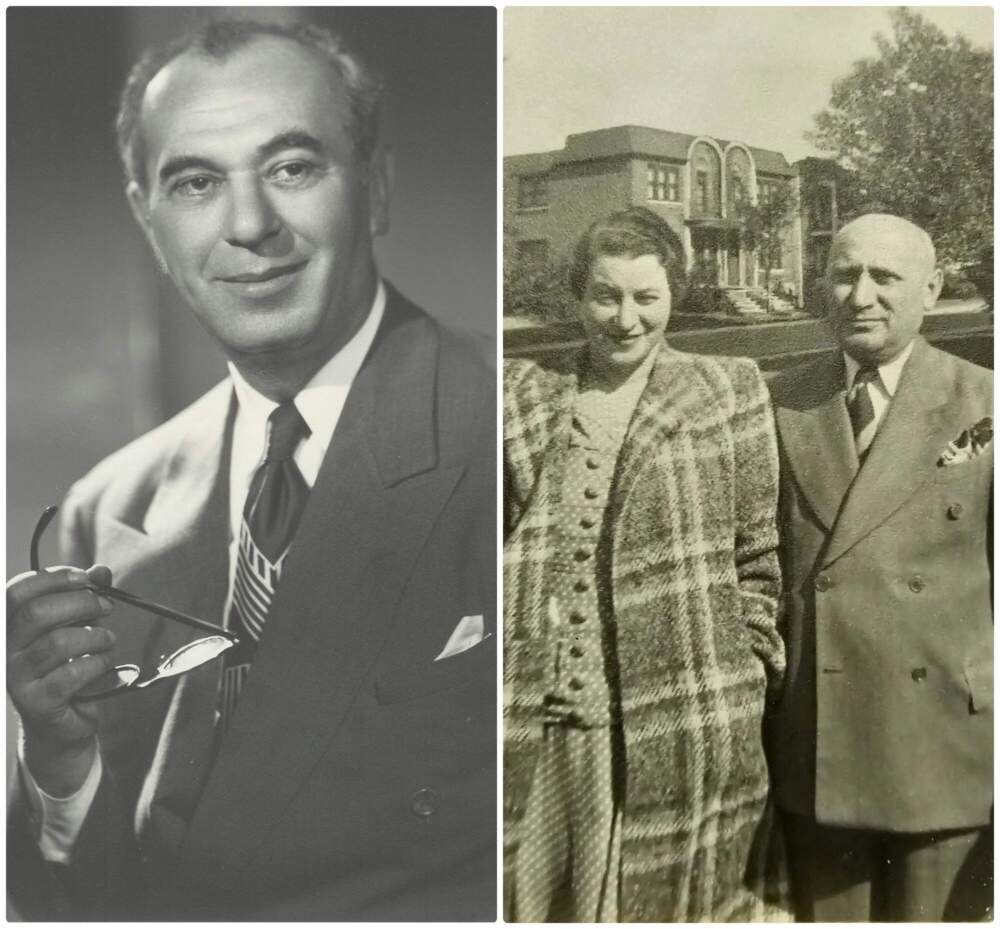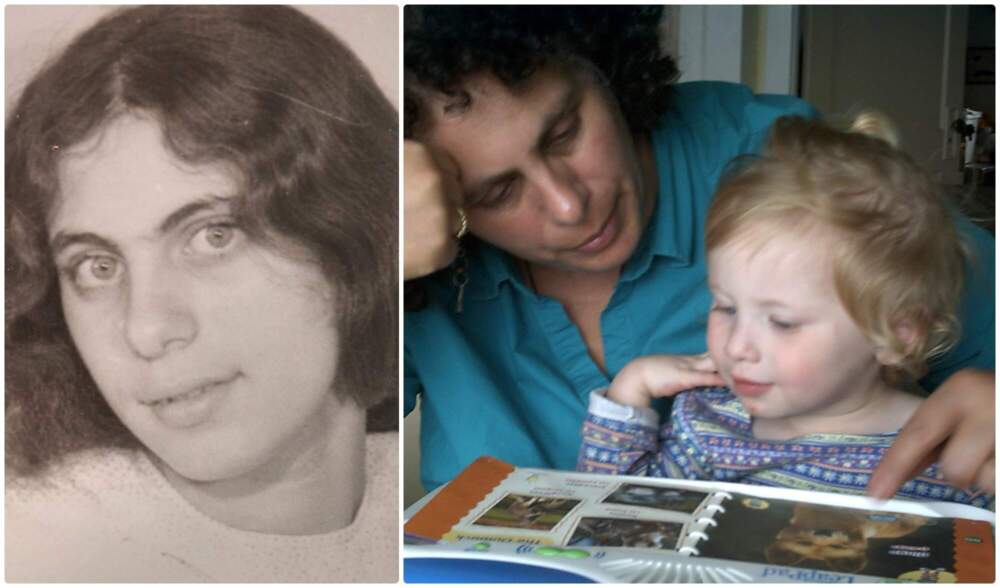Advertisement
Commentary
Now that I’m the ancestor, it’s time for a new dream

One night when I was about 15, I dreamt that I’d come home from school to find my older brother sitting in the big, green leather chair in our living room. My mother had purchased this chair — imposing and vaguely British with its winged back and brass nailheads — at Treasure Mart, the consignment store from which she furnished our house during those years. Ours was a home full of well-used dishes, utensils and furniture that had passed through the lives of multiple families and generations before us.
The phone rang as I walked into the house and my 18-year-old brother picked it up.
“Hello, Bobby,” said the voice on the other end. “This is your grandfather, Jack.”
I could hear the caller despite the fact that nobody had speaker phones in those days (after all, this dream took place in 1969). That was weird enough. But what was much stranger was that Jack, my maternal grandfather, had died only months after my brother was born and years before I was.
Then two more voices politely introduced themselves. “This is your Grandfather Sam and your Grandmother Clara.” Our father’s parents, both of whom had died well before my brother and I had entered the world, were apparently also on the line. “Now that you’re teenagers, we thought it was time to introduce ourselves to you,” one of them said.

I remember little about the subsequent conversation with my deceased grandparents — only that it was cordial if a bit mundane — and awoke before finding out where they were calling from and whether long-distance rates applied. In the dream, I knew that getting a phone call from long-dead grandparents I’d never met was impossible, but it didn’t feel bizarre. Perhaps just a bit out of the ordinary.
That was the beauty of being 15 in a world in which personal and political prospects seemed unbounded. Nothing was impossible. We could, by dint of passion and protest, end the war in Vietnam. People could walk on the moon. I could stop straightening my hair. I could have many great romances, travel around Europe, go snorkeling in the Pacific, become a brilliant novelist, help the mentally ill forge a path out of their misery and swim the English Channel. My generation would eventually run the world and when we did, war and discrimination would be abolished. Like so many loved, confident and privileged-enough adolescents, I had limitless ambitions.
Advertisement
That’s no longer the case. I’ve discovered that the older I get, the fewer ambitions I have. But it’s not because there is little that I still want to do. I have no shortage of hopes and wishes.
No, it’s because if I had that dream today, I would no longer be the granddaughter in the story. I’m a grandmother now, a guardian with no older protectors still alive, and the more deeply I assume that role, the less important my personal, let alone professional, aspirations feel.
Aging has relieved me of the need to achieve. I’ve just turned 70 and though I’m eager to keep living for a good long while, my goals have morphed from what I want to accomplish to what, in my husband’s words, I simply want to keep. If I can continue to write some good prose now and then, still take the dog for long, rambling walks while inhaling the surrounding greenery, if I can maintain my gratitude for the life I’ve had and hold on to the relationships that have nourished it — if I can retain those pleasures, that’s pretty much all I seek for myself.

Still, if I have fewer personal hopes for the future now than I did when I was young, I’m increasingly conscious of what sort of inheritance I’ll leave. After all, I’m no longer only a descendant. I’m an ancestor like the ones in my dream.
I hope to be able to leave a financial nest egg to my children. But there’s more to being a guardian than that, and the obligations of that job are weighing heavily on me. What will my legacy be? Not photographs of those trips I did eventually take to other countries, or of the old boyfriends with whom I had the most ordinary of romances, nor the underwater images of clownfish and barracuda that I took while snorkeling. I never swam the English Channel, and while I wrote a novel, nobody — not even me — would consider it “great.” World peace is more elusive than ever, and the environmental damage that my descendants are inheriting defies even the imagination of a 15-year-old girl.
Now that I’m the ancestor, it’s time for a new dream. I know I want my grandchildren to have a livable home on this planet. But how do I achieve that? Drive or take the train rather than taking so many flights on carbon-spewing jets? Write postcards and knock on doors for the lesser of two evils? Cut my meat consumption? Boycott the big banks that finance the fossil fuel industry?
Though I’ve taken all of these measures, they feel trifling. As my dreams have expanded in scope beyond those I had as a teenager, my understanding of my personal power has correspondingly diminished. I struggle to be concrete and specific when my ambitions are for future generations, not myself.
But surrendering to despair feels like an abdication of my responsibility to my descendants. I want my granddaughters to live in a treasure mart of hand-me-downs — not the chairs and table that furnished my childhood home, but the natural gifts of healthy trees, breathable air and swimmable lakes. If they ever get a call from a deceased me, I want them to hear that I did my best to make those things possible. And I want that to be true.
Follow Cognoscenti on Facebook and Instagram. And sign up for our weekly newsletter.
